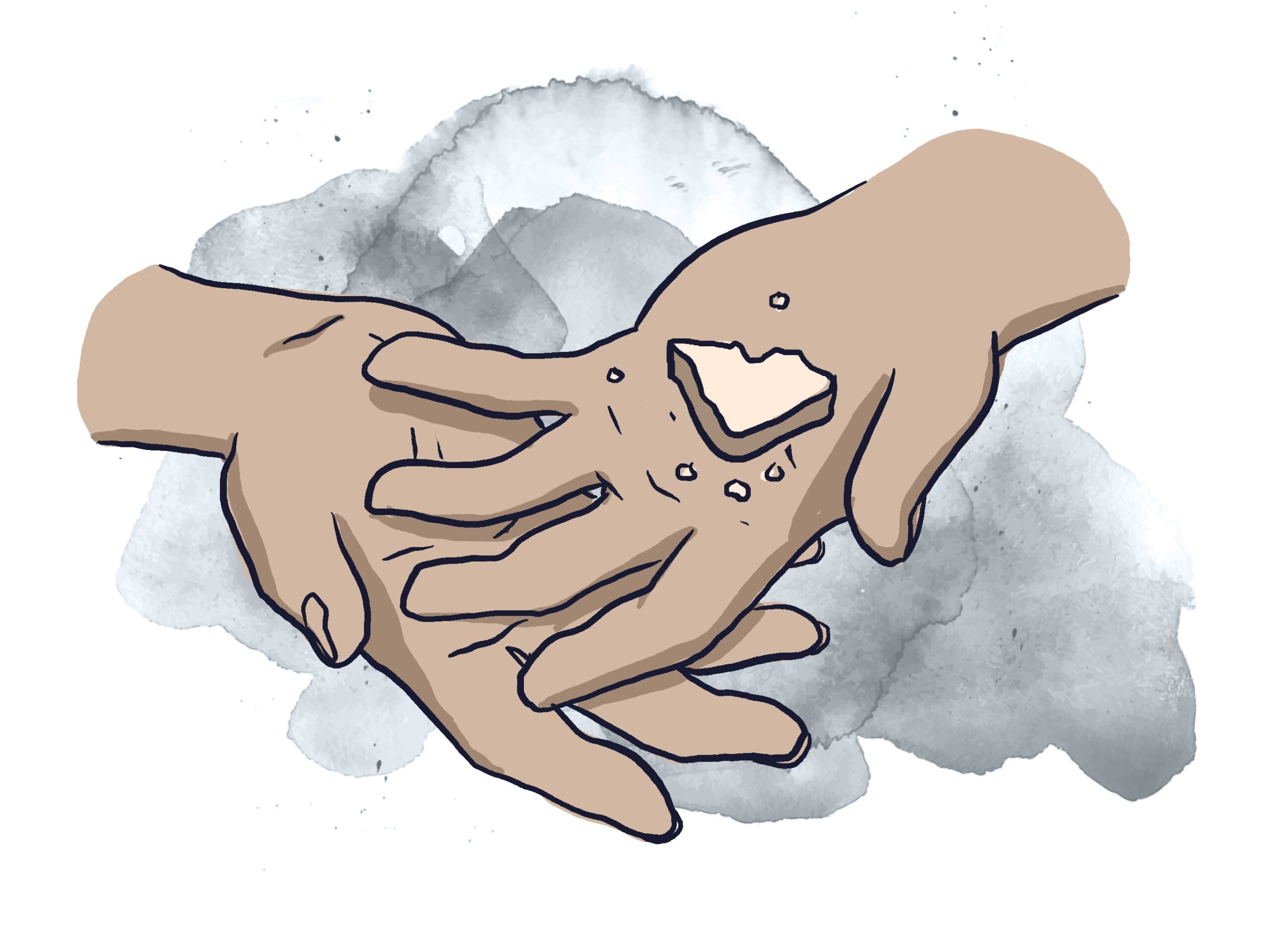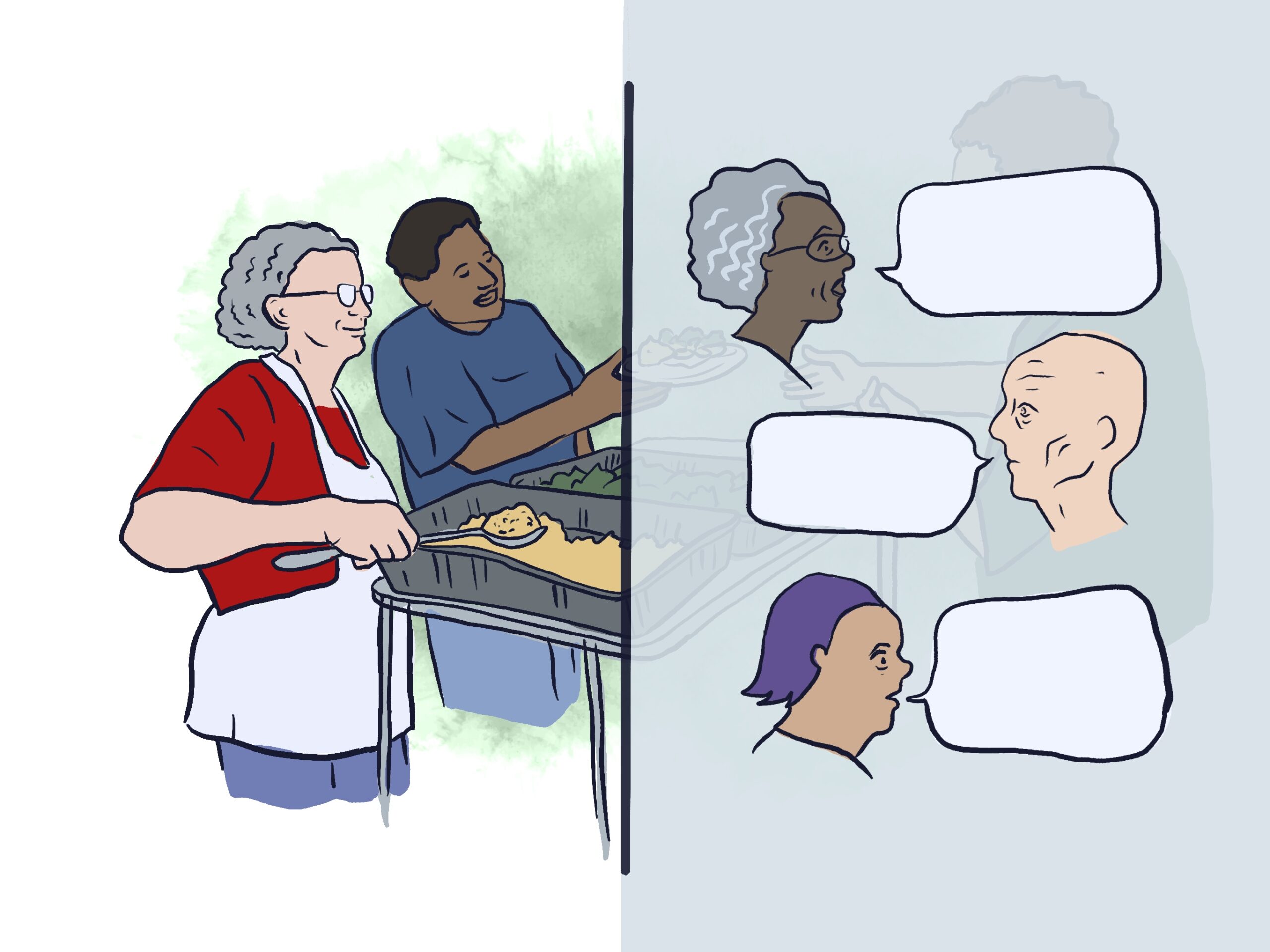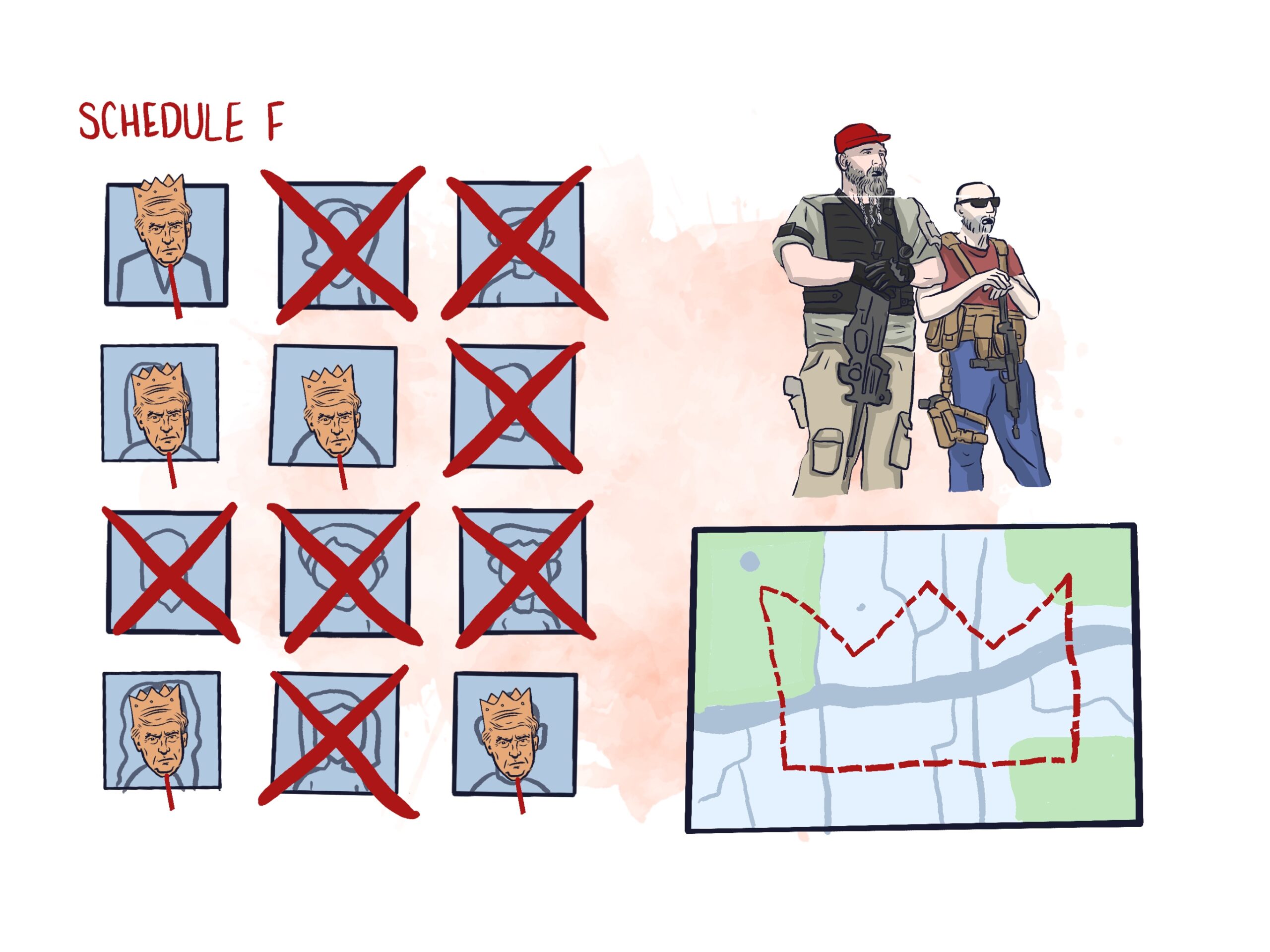Food scarcity in your region haunts you. After the plant was closed down, more people are turning to you for food needs. When a climate change-fueled fire burns through town, you reach your breaking point. True to the mutual aid model, you emphasize it’s not about charity — it’s about people getting what they need and offering what they can.


You decide to adapt your strategy a bit. You keep the community meal going, but add opportunities over meals for people to talk about why the system is the way it is. “Needing things is not a personal failure — we are living in a profoundly unequal society without safety nets.” People begin connecting their personal struggles to larger politics, like Trump’s cuts in government programs or climate change. You affirm this among your volunteers and during meals. You lose two volunteers who feel you are being anti-Trump. But others join in and offer to help develop new programs: community tree planting and meet-ups at retirement homes to avoid isolation. The volunteers talk about the benefits of trees for reducing asthma and climate change.
Over the next year, you see small political changes around you. But it feels like barely a dent amidst the national scene. Despite lower poll numbers, Trump continues filling the government with his loyalists. The courts eventually approve his Schedule F reclassification — 50,000 government workers are now being systematically replaced by Trump loyalists. Bureaucratic fights rage across many institutions. Trump installs judges across the country who gerrymander election maps in multiple states to give Republicans long-term power. But your heart tears as you see the language of fear and violence growing: immigrant communities terrified by right-wing militia patrols, increased violence against peaceful protestors, attacks on emissions standards, and exaggerated calls for political arrests.

